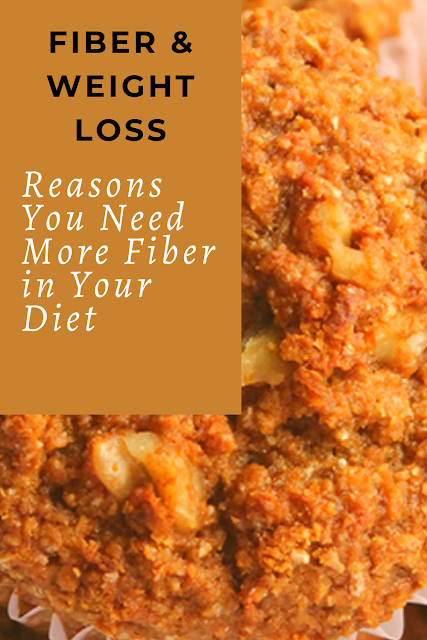There are a variety of health benefits to be gained from a diet high in fiber. Foods like whole grains, vegetables, fruit, and nuts can offer you lots of this healthy nutrient, but knowing the ins-and-outs of fiber can help you reap all the best benefits. Below you will find the numerous Reasons You Need More Fiber in your diet!
Two Types of Fiber
Fiber is a carbohydrate that the body can’t digest. There are two types of fiber soluble, and insoluble. Soluble Fiber attracts water to form a gel which slows digestion and can act as an appetite suppressant because it helps you feel full. Slower digestion may also have positive effects on insulin sensitivity, and may also affect blood sugar levels. Good sources of soluble fiber include: oatmeal, oat cereal, lentils, apples, oranges, pears, oat bran, strawberries, nuts, flaxseeds, beans, dried peas, blueberries, psyllium, cucumbers, celery, and carrots.
Insoluble Fiber has a laxative effect and is often used to support regularity. This type of fiber does not dissolve in water so it passes through the gastrointestinal tract intact, which speeds the passage of food through your digestive system. Good sources of insoluble fiber include: whole wheat, whole grains, wheat bran, corn bran, seeds, nuts, barley, couscous, brown rice, bulgur, zucchini, celery, broccoli, cabbage, onions, tomatoes, carrots, cucumbers, green beans, dark leafy vegetables, raisins, grapes, fruit, and root vegetable skins. Ever heard of quinoa? This great grain provides both soluble and insoluble fiber and other important nutrients!
Daily recommendations for fiber are around 20 grams a day. Check out this list of High-Fiber Foods.
Tips to increase your fiber intake:
- Eat whole fruits instead of drinking fruit juices.
- Replace white rice, bread, and pasta with brown rice and whole grain products.
- Choose whole grain cereals for breakfast.
- Snack on raw vegetables instead of chips, crackers, or chocolate bars.
- Substitute legumes for meat two to three times per week in chili and soups.
Experiment with international dishes (such as Indian or Middle Eastern) that use whole grains and legumes as part of the main meal (as in Indian dahls) or in salads (for example, tabbouleh).(2)
Fiber is an important nutrient essential for the healthy functioning of the digestive system, but it also offers support for weight loss by reducing appetite, and may even reduce belly fat. A diet rich in dietary fiber promotes heart health, healthy immune function, and curbs appetite.
